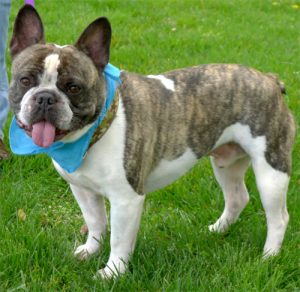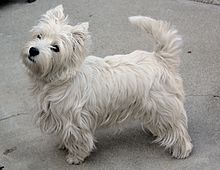Cardigan Welsh Corgi
Cardigan Welsh Corgi Adoption Join the Family

-
Breed Group : HERDING
-
Origin : Wales
-
Average Height : 10" - 12"
-
Average Weight : 25 - 38 lbs.
-
Life Span : 12 - 15 years
Photo Courtesy info : Cardigan Welsh Corgi National Rescue Trust
-
Size
1 2 3 4 5 6 7 8 9 10 -
Energy
1 2 3 4 5 6 7 8 9 10 -
Intelligence
1 2 3 4 5 6 7 8 9 10 -
Ease of Training
1 2 3 4 5 6 7 8 9 10 -
Hypo-Allergenic
1 2 3 4 5 6 7 8 9 10 -
Shedding
1 2 3 4 5 6 7 8 9 10 -
Good with Kids
1 2 3 4 5 6 7 8 9 10 -
Good with Other Pets
1 2 3 4 5 6 7 8 9 10 -
Guard Dog
1 2 3 4 5 6 7 8 9 10








